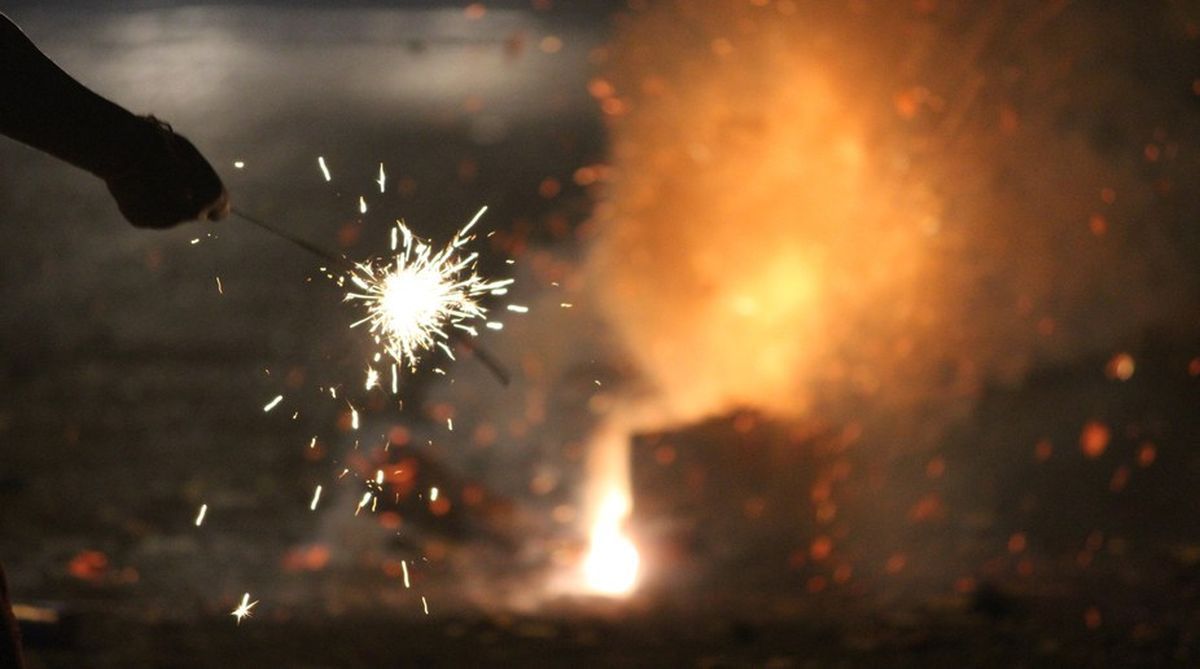The execution of the Supreme Court order, restricting the firing of crackers during Kali puja and Diwali to the two hours between 8 and 10 p.m., while aimed principally at Delhi, was long overdue in Kolkata which has had to suffer almost ear-splitting noise pollution. And over time this has trashed the profound solemnity of an intrinsically religious occasion.
The subtext of last week’s judicial intervention must be that both the West Bengal Pollution Control Board and the police have been ineffectual on this score; both entities will now be expected to pull their socks up and act with promptitude. Markedly, there is no response yet from the PCB to the apex judiciary’s imprimatur. An equal responsibility must devolve on the people, specifically those who engage in the revelry, and with scant regard for civic responsibility.
Advertisement
The first measure in the follow-through, as announced by the Kolkata Police on Friday, is the warning that those firing crackers after the Supreme Court deadline are liable to be arrested. Never perhaps was such a stern warning ever issued; even if it was, such orders have been observed in the breach ~ a violation that the police and PCB have tacitly condoned. The court order is explicit on the point that OCs of police stations will be held responsible for “any deviation from its order in the areas under their jurisdiction”. Nay more, failure to execute the directive shall be deemed to be contempt of court.
As in several other spheres of national life, the whip has been cracked by the court and on an isuue that, at least theoretically, comes under the realm of the administration. The onus is distinctly on the police, and it will just not be enough to treat the offence merely as “disorderly conduct”, with the files closed after the offenders pay a fine. The Police Commssioner’s instructions to the force during Friday’s pre-Diwali meeting, can thus be contextualised with the Supreme Court directive.
The judicial order on arrest under Section 188 of IPC (disobedience to order duly promulgated) if crackers are fired after 10 p.m. is, therefore, consequential. For once, the police has adopted a positive approach. Meetings are being held with residents of housing complexes and highrises to acquaint them with the implications of the court order.
To cite the religious aspect ~ Diwali night begins at 10 p.m. after Lakshmi puja ~ is a contrived attempt on the part of the potential revellers to circumvent the law in the face of the arrest order. There has to be a clear distinction between noise/environment pollution and the timing of rituals.
The city’s record in terms of environment is appalling, most particularly after the Durga immersion in the Ganga. The law is on test and it must be observed by the police, the Pollution Control Board and also, of course, the people.









